As the Upper Charles Trail Committee discussed modifications to its charge Wednesday night, some members expressed displeasure about the influence of the Trails Committee over the UCTC’s direction.
Chair Jane Moran stressed that the purpose of the meeting was to discuss the UCTC’s scope of work, the process for undertaking that work, and the committee’s composition. The agenda called for the review of three documents — a red-lined version of the UCTC’s charge, the Trails Committee’s draft charge, and a third document prepared by Select Board member Irfan Nasrullah, the UCTC liaison.
Peter LaGoy, the Trails Committee chair, was the only member of the public present at the hybrid meeting. Last year, as a private citizen, LaGoy proposed an Annual Town Meeting article calling for the dismantling the current iteration of the UCTC and reconstituting it as a Trails Coordination and Management Committee (TCMC) subcommittee. (The committee has since changed its name to the Trails Committee.) Although Article 47 passed by a count of 158-61, it was considered nonbinding by town counsel and advisory in nature.
The decision sparked the creation of a survey by the Select Board to gather wider public feedback on the UCTC, but the response rate was very low. In August 2023, the Select Board voted to keep it as a separate committee from the Trails Committee, but it noted that it needed to be restructured.
The UCTC’s meeting privileges were suspended by the Select Board. After a nine-month hiatus, it met on March 20 to discuss its charge and composition, as well as the role of liaisons and alternate members.
Communication breaks down during discussion
Moran praised LaGoy for putting “quite a bit of work” into both the UCTC and the Trails Committee’s revised charges. She thanked him for being available at the meeting to answer members’ questions.
LaGoy told the committee that the Select Board’s charge to the UCTC was to review its own charge, not the one for the Trails Committee. In addition, the UCTC was supposed to review comments made about the charge by Nasrullah. Nasrullah was not present at the meeting and has rarely attended UCTC meetings in the past.
“This committee did exactly what you said at our last meeting,” Moran stressed, noting that comments were submitted regarding its charge.
Moran told the committee she had met with LaGoy, Nasrullah, Town Manager Norman Khumalo and Assistant Town Manager Elaine Lazarus to discuss the UCTC’s future. Moran noted that Lazarus composed the meeting’s agenda with the three documents referenced. LaGoy said the Trails Committee charge should not have been included for UCTC review.
LaGoy said that the UCTC did not have the Trails Committee’s proposed changes to the UCTC’s charge to review at its last meeting nor Nasrullah’s document to consider.
While there appeared to be some confusion on the topic, LaGoy noted that the Trails Committee charge and the UCTC charge both reflect interaction between the committees.
Moran called for a review of the Trails Committee charge first. This move caused consternation among UCTC member Jim Ciriello and vice chair Eric Sonnett.
“I don’t even understand why we’re even talking about these other ones,” Ciriello said, adding that Nasrullah’s document should be reviewed first. “That’s all rubbish. If that is what the Select Board wants, why are we even talking about the other ones?”
“I think, in all fairness, we have a responsibility to discuss this,” said Moran, noting the agenda. “I think it’s very important that we listen to what the folks at the Annual Town Meeting said. The second thing is that we review these documents with a cooperative and collaborative thought process going forward.”
“I’m not going to speak to TCMC’s anything,” said Ciriello. “I’m disgusted by this whole charade. It’s a sham, it’s a travesty, and TCMC has commandeered this whole proceeding.”
Added Ciriello: “I’m offended by the fact that we’ve been besmirched by Peter — the gloves are off — by TCMC, whoever it is.”
Ciriello said he would accept Nasrullah’s suggested document “because it keeps the committees separate.”
Added Sonnett: “I agree with everything that Jim just said.”
Other members refused to comment on the Trails Committee’s charter. Member Scott Knous said it was “out of the scope” of their purview.
More productive interaction sought
Alternate member Jamie Wronka said the Trails Committee charter had “an admirable goal” of the Select Board establishing trail standards, which would be useful for the UCTC. It also called for one member to serve on both the Trails Committee and the UCTC.
Confusion also arose as to whether the current thinking was that the UCTC should remain independent or become a Trails Committee subcommittee. The Select Board voted that the two should remain separate at an August 2023 meeting.
One issue discussed was a proposal that two-thirds of the members of each committee approve of any proposals regarding funding. Members agreed it would be hard to achieve.
LaGoy said this suggestion was proposed because a couple of years ago, both committees simultaneously applied for MassTrails grants. The UCTC received a grant because it was part of a regional trail system, while the TCMC did not. He believed coordinating applications based on priority would prevent this type of situation from recurring.
Moran told LaGoy he should not use that situation “as a crutch” but continue to pursue grants for the Trails Committee.
Ciriello added that the UCTC charge should not prohibit it from applying for Community Preservation Committee funding.
Knous advocated for the two groups to “have transparency with one another.” He also urged the UCTC to regularly appear on the Select Board’s agenda to increase the connection.
Members also debated the merits of serving staggered or consecutive terms. The majority of members opposed term limits and thought that an officer should be allowed to run for reelection.
The role of liaisons also was stressed. While most members considered the Conservation Commission liaison essential and agreed that there should be a Trails Committee liaison, there was debate over the need for liaisons from other groups such as the Select Board, the Parks & Recreation Commission and the Community Preservation Commission. Ciriello said liaisons should be able to vote. Moran noted that the previous Select Board liaison did not vote to preserve neutrality.
Sonnett pointed out that Nasrullah’s document stated that liaisons should not vote. It also called for a larger committee. He disagreed on both points.
Most members agreed that alternate members should vote if members are absent.
Wronka stressed there should be ways to encourage public feedback in the UCTC charge. If an issue is suggested during the public comment period, it should be placed on the next agenda. After that meeting, a summary should be prepared on how the issue was resolved to ensure transparency.
Moran said she hoped for another meeting where the feedback from this meeting could be synthesized.


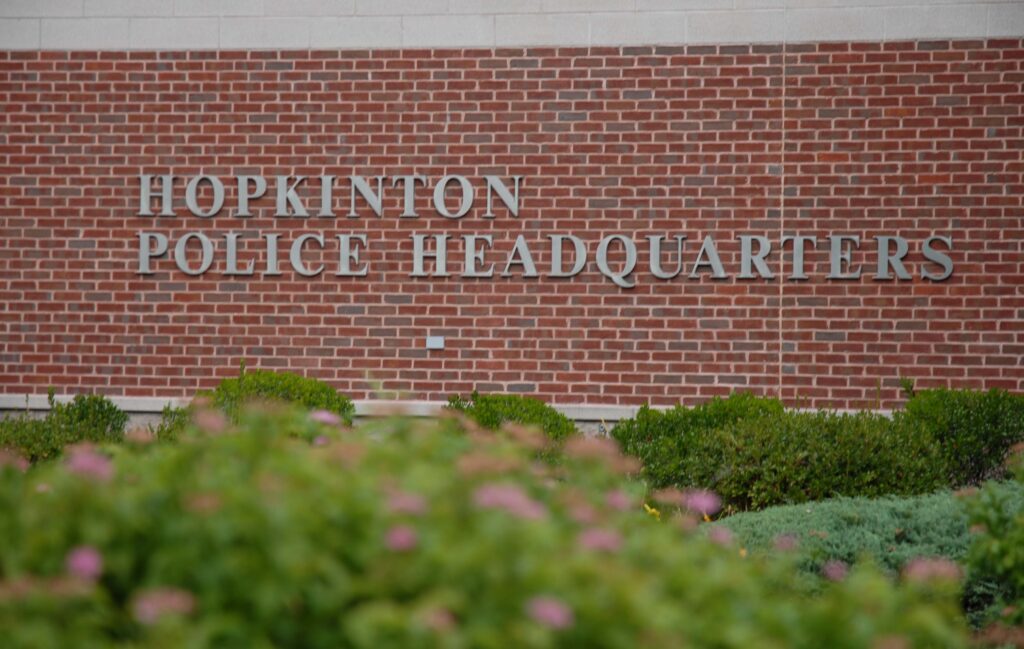
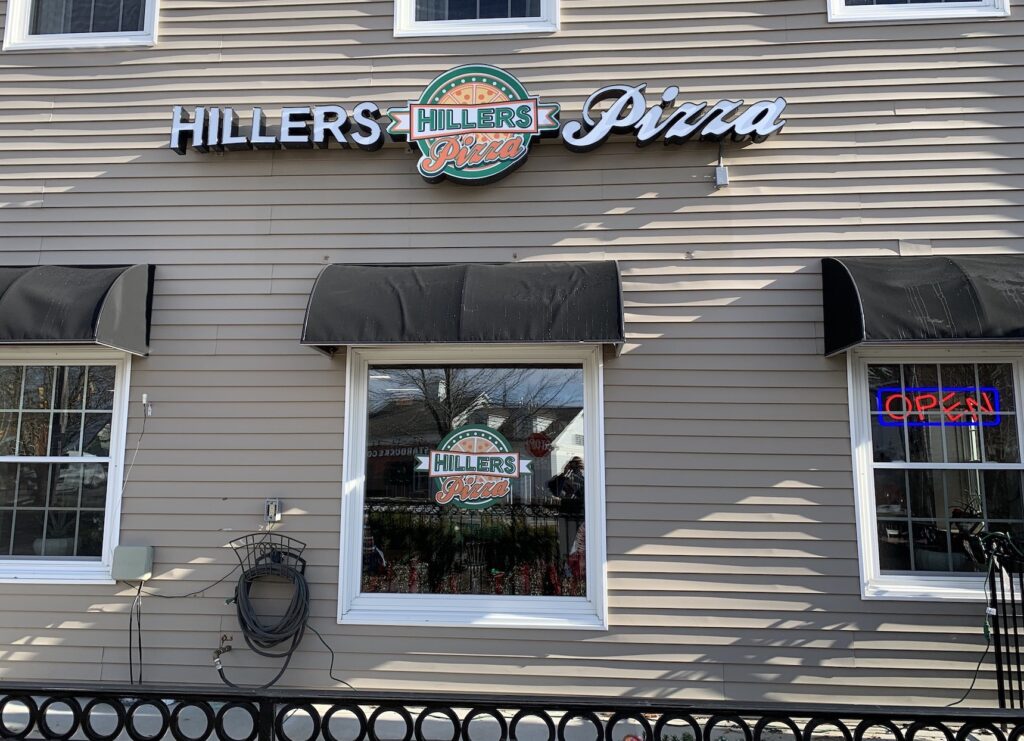
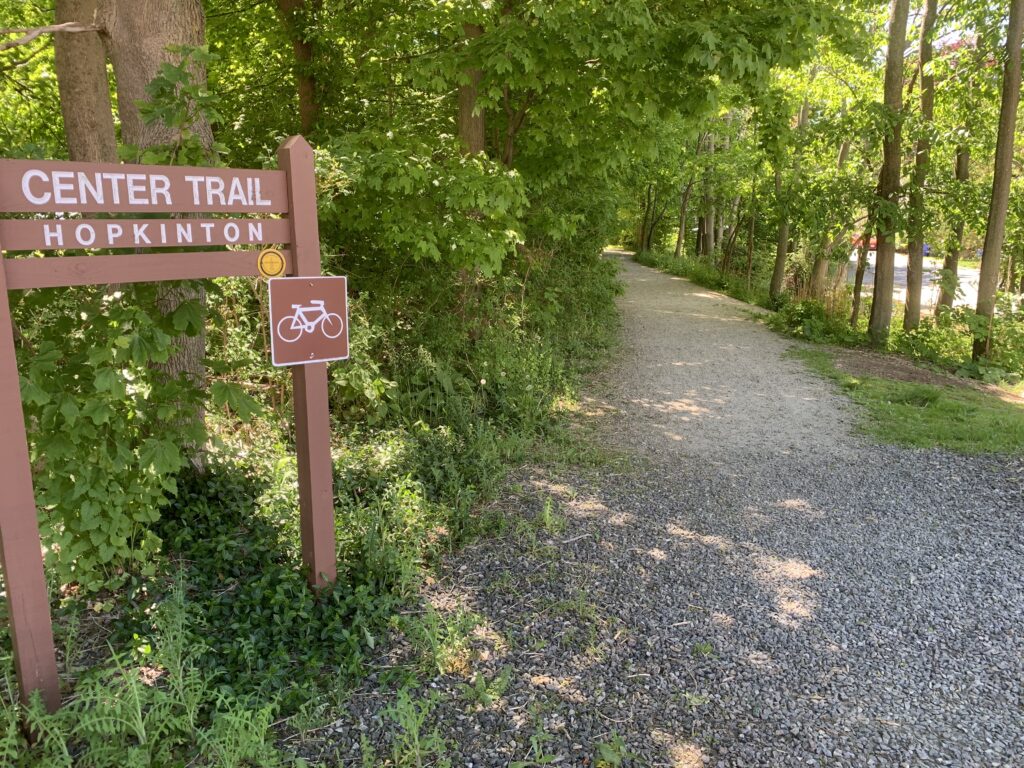
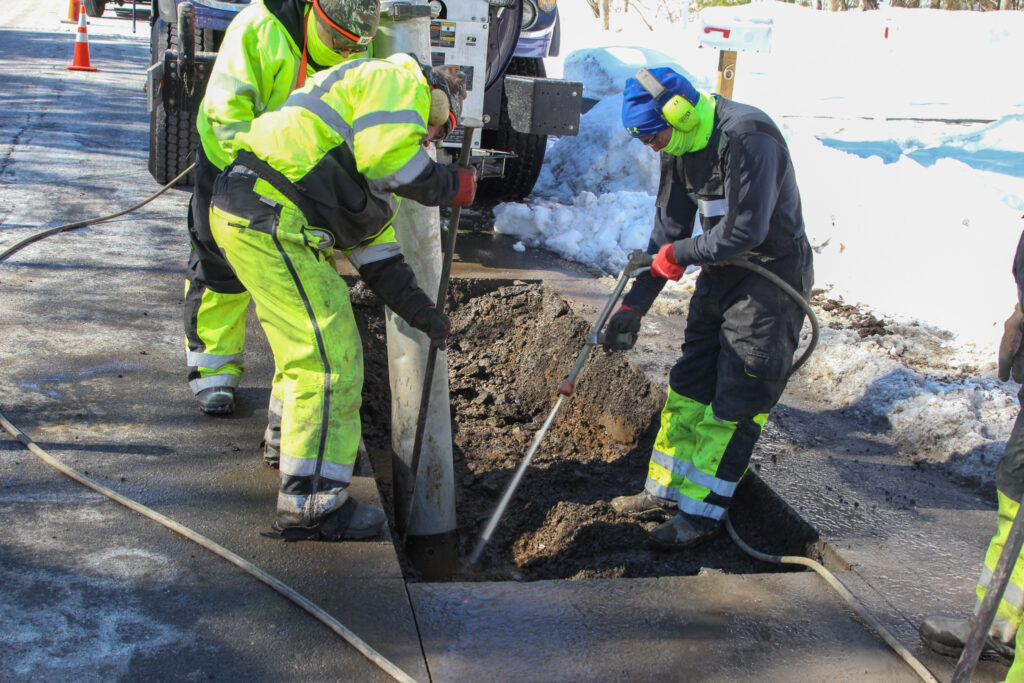
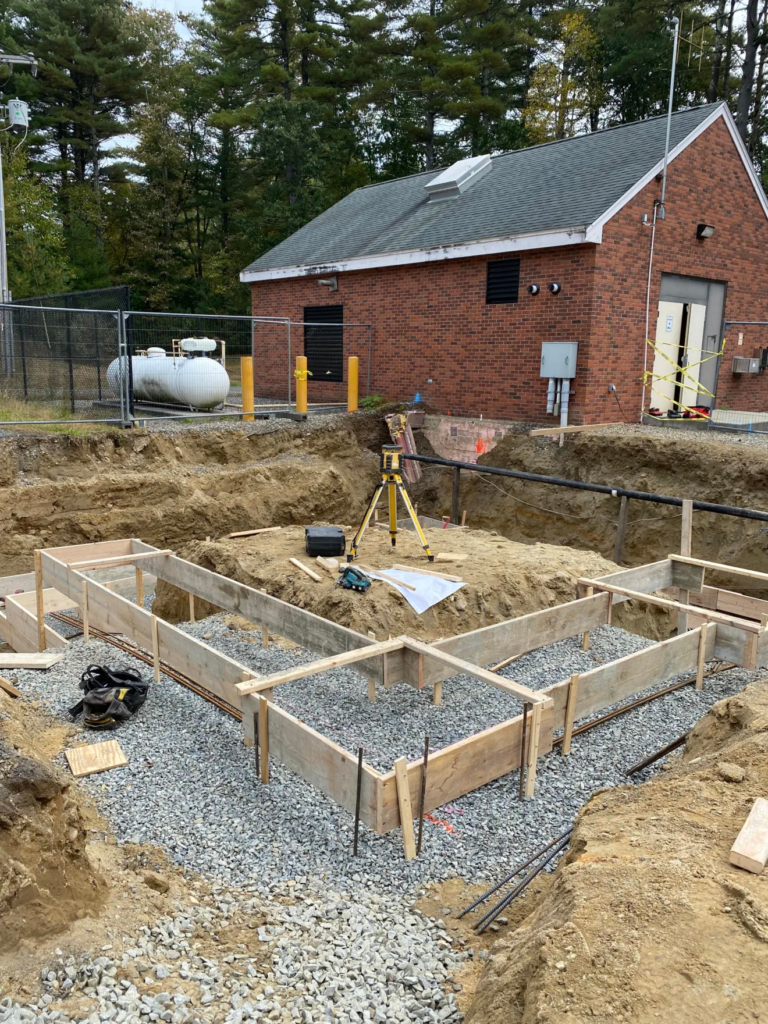














I had read the agenda before attending, which seemed pretty clear, as expressed in the first two sentences of this article. I was surprised to have the Trail Committee’s draft charge as a topic of discussion but did not have that agenda in front of me at that time. On reviewing the agenda, supporting documents were listed FOR review (the Draft TC charge discusses the two committees’ interactions), not TO BE reviewed.
And to clarify yet again, I personally am one of the many petitioners who advanced articles 47 and 48 to Town Meeting. Votes on these articles showed the town strongly against the approach to the Upper Charles Trail advocated by the current UCTC. However, the Trails Committee only became involved in the process after Town Meeting, when the Select Board requested that we draft a new charge for what we suggest calling the Upper Charles Trail Building Committee (UCBC), consistent with the School Committee/School Building Committee model.
It would be highly impractical to have this many liaisons if you’re going to give them voting privileges. Attendance among liaisons will always be lower than among members, making it difficult to achieve quorum even if the associates fill in. It also creates an unstable situation due to the possibility of swarming on key or controversial votes. It would be better to convert the associates to full members and have the liaisons attend and provide updates and assistance when possible, but not vote. I note that having a larger committee and having the liaisons not vote also aligns with the Nasrullah document. It’s good policy.